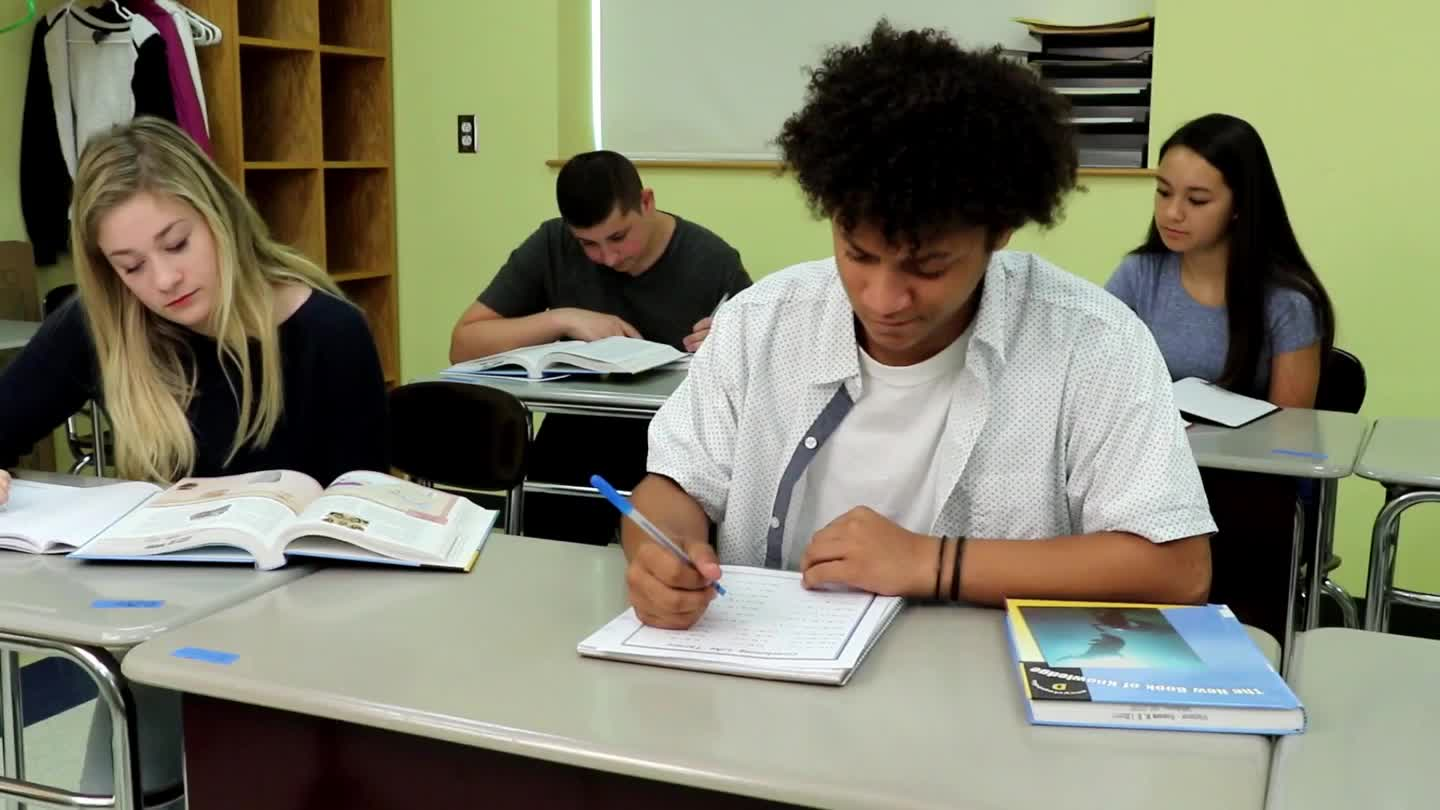Introduction
In special education, understanding and effectively using slang words is an essential skill for high school students. This skill helps them engage in age-appropriate social interactions and navigate various conversational contexts. In this blog post, we will discuss the significance of the target skill, the role of specialists in supporting its development, and specific IEP goals to improve students’ understanding and use of slang words.
Understanding Slang Words
Slang words are informal or shortened versions of words, often used when interacting with peers or in relaxed social situations. Using slang appropriately can enhance students’ ability to connect with their peers, while also teaching them to adapt their language depending on the context. The proper use of slang words can positively impact students’ learning, social interactions, and overall wellbeing.
The Role of Specialists
Various specialists can support the development of the target skill:
- Speech-Language Pathologists: Help students learn appropriate use of slang, improve their communication skills, and adapt their language according to the situation.
- Social Workers: Assist students in understanding social norms and expectations, including when and how to use slang words.
- Psychologists: Support students’ emotional and social development, helping them navigate the complexities of adolescent communication.
- School Counselors: Provide guidance on appropriate language use and help students develop strategies for effective communication.
IEP Goals for Slang Words
Here are some SMART IEP goals to improve students’ understanding and use of slang words:
- Within six months, the student will demonstrate the ability to differentiate between slang and formal language in 4 out of 5 scenarios.
- Strategies: Role-playing, social stories, and targeted vocabulary practice.
- Within one year, the student will use slang words appropriately in social situations with peers 80% of the time.
- Strategies: Guided practice, peer mentoring, and self-monitoring techniques.
- Within six months, the student will adapt their language according to the context in 4 out of 5 situations.
- Strategies: Visual cues, social scripts, and explicit instruction on code-switching.
Implementing and Measuring Progress
To implement these goals, educators can collaborate with the specialists mentioned above, utilize evidence-based strategies, and provide ongoing feedback. Progress can be measured through observation, anecdotal records, and data collection. Regularly reviewing and adjusting goals based on student progress is crucial to ensure continued growth in the target skill.
Conclusion
Understanding and using slang words appropriately is an essential skill for high school students in special education. By implementing effective IEP goals, educators can support students in navigating the world of slang and building meaningful connections with their peers. We encourage you to apply these IEP goals and explore more resources at Everyday Speech Sample Materials.






